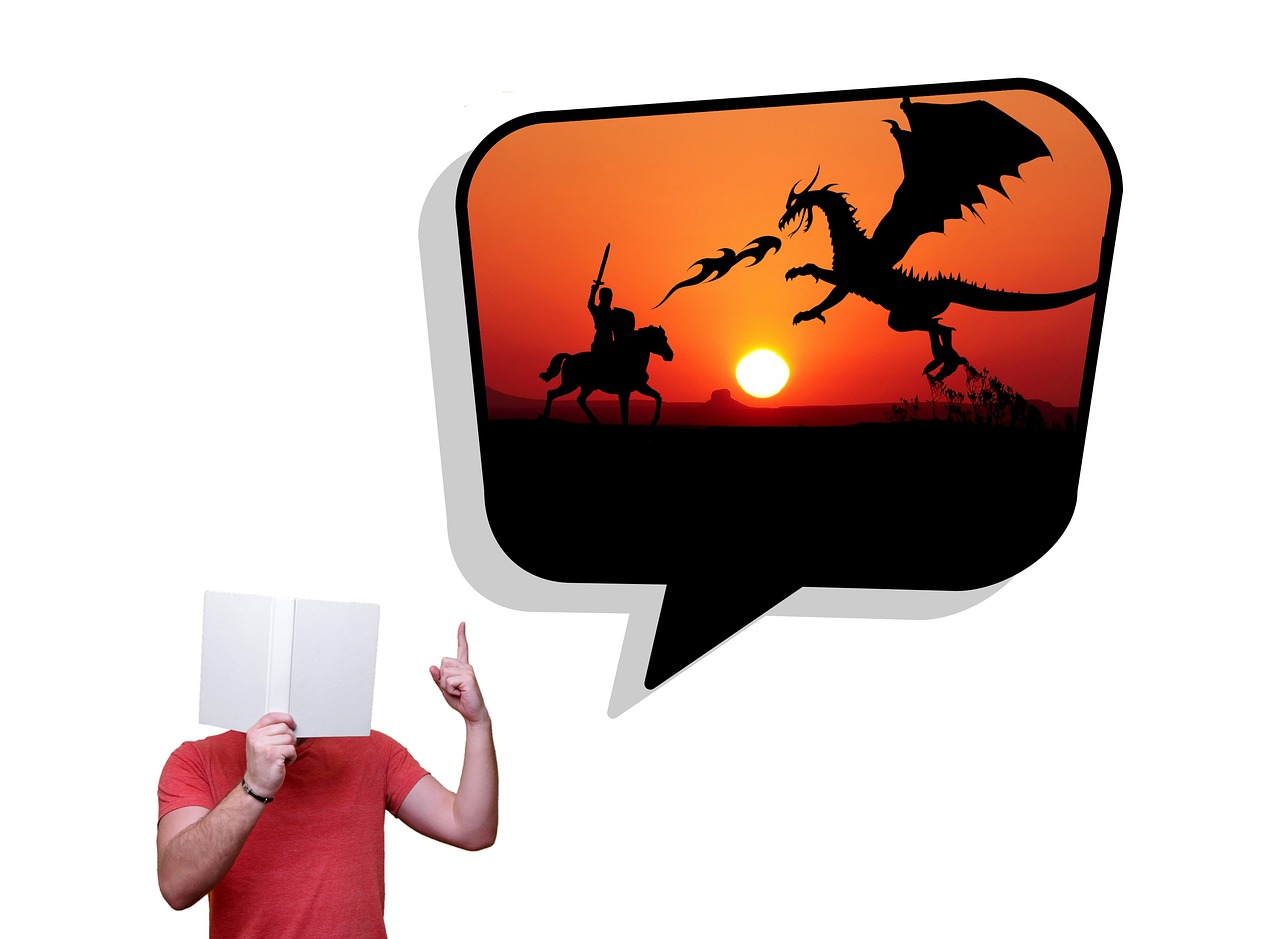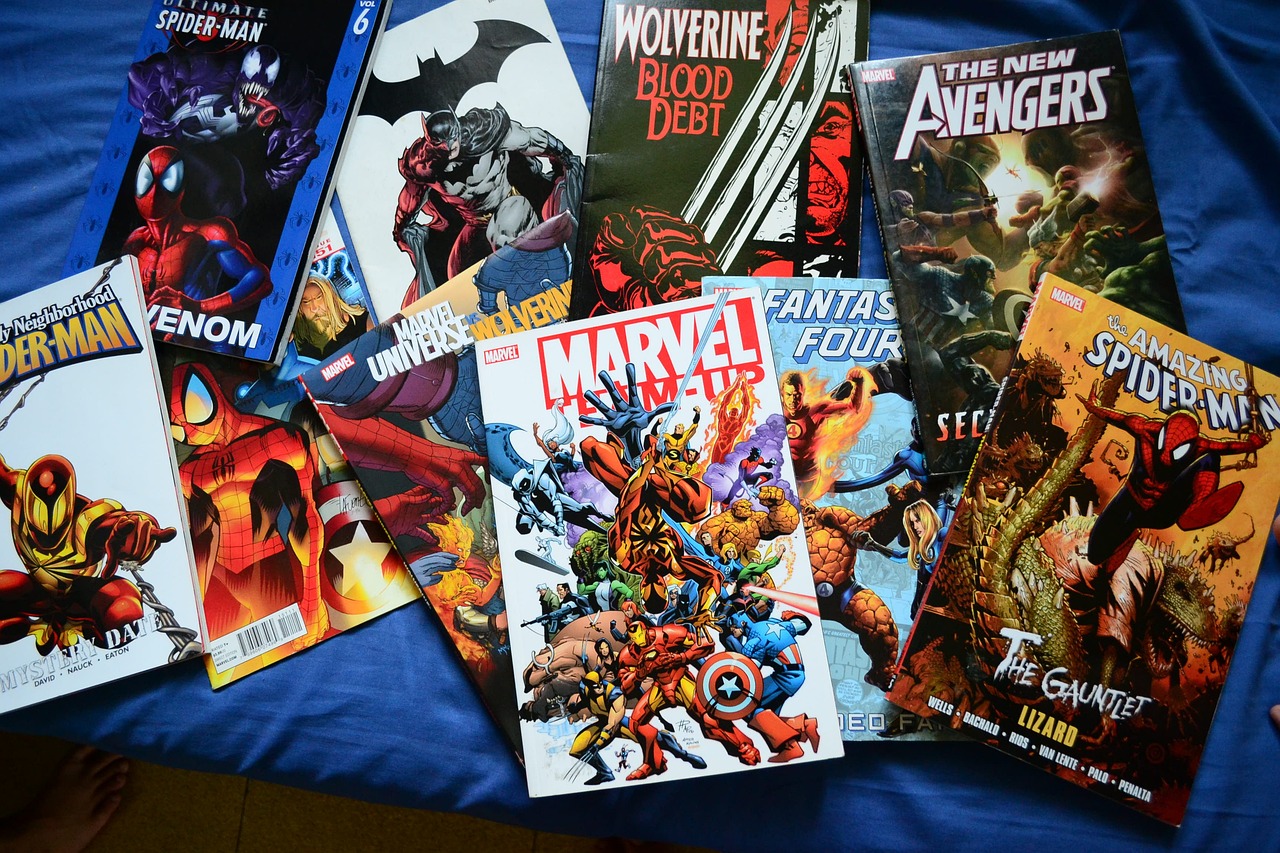If you think comics are only for kids, think again. Throughout history, comics have been used as a powerful tool for addressing social and political issues, often tackling sensitive topics that may have been too taboo for other forms of media.
From the earliest political cartoons in newspapers to the graphic novels of today, comics have evolved into a respected and influential form of storytelling that can inspire change and provoke discussion.
As a reader, you may have already witnessed the impact that comics can have on society. They can capture the essence of a social or political issue with just a few panels, providing a visual representation that can be more powerful than words alone.
Comics can also offer a unique perspective on complex issues, as they can blend together words and images to create a story that resonates with readers on a personal level.
In this article, we will explore the role that comics have played over time in addressing social and political issues, and how they continue to shape the world we live in today.
The Historical Significance of Comics in Addressing Social and Political Issues
You might not know this, but comics have played a crucial role in addressing social and political issues throughout history, shedding light on important societal problems and sparking conversations that have led to change.
Comics as activism can be traced back to the 18th and 19th centuries, where political cartoons were used to criticize the government and advocate for social change.
During World War II, comics were used to promote patriotism and support for the war effort, but they also addressed issues such as racism and discrimination.
However, the role of censorship in comics cannot be ignored. In the 1950s, the Comics Code Authority was established to regulate and censor content in comics. This led to a decrease in the use of comics as a platform for addressing social and political issues.
It wasn’t until the 1960s and 70s, with the rise of underground comics, that comics once again became a tool for activism and addressing societal issues.
Today, comics continue to be used to address social and political issues, from climate change to LGBTQ+ rights, and they remain an important medium for sparking conversations and inciting change.
The Evolution of Comics as a Tool for Social Commentary
Explore how comics have developed over time to become a powerful means of expressing social commentary. From their early beginnings as entertainment for children, comics have evolved into a medium that tackles complex social and political issues.
One of the factors that contributed to this transformation is the impact of technology. With the rise of digital platforms, comics have become more accessible to a wider audience, allowing creators to reach people from different cultures and backgrounds.
Moreover, the increasing cultural diversity in the comic industry has also played a crucial role in shaping its trajectory as a tool for social commentary. As more creators from diverse backgrounds are given the opportunity to tell their stories, comics have become a platform for marginalized voices to be heard.
This has resulted in comics tackling a range of social issues such as race, gender, sexuality, and religion, and has enabled readers to gain a deeper understanding of different perspectives.
With the continued evolution of comics, it’s clear that they’ll continue to be an important tool for social commentary in the years to come.
The Power of Visual Storytelling in Addressing Sensitive Topics
By utilizing powerful visual storytelling techniques, creators are able to effectively convey sensitive topics in a way that resonates with readers. The impact of graphics in comics cannot be overstated, as they help to capture the attention of the readership and draw them into the story.
When discussing social or political issues, comics have the ability to present complex ideas in a way that is easy to digest and understand. The use of imagery can evoke emotions that are difficult to express in words, making comics a powerful tool for addressing sensitive topics.
In addition to the impact of graphics, engaging the readership is also essential in addressing social and political issues in comics. By creating relatable characters and situations, readers are more likely to become invested in the story and the issues being presented. This can lead to a deeper understanding and empathy for those affected by the particular issue.
Through visual storytelling, comics can create a space for dialogue and discussion on topics that may be difficult to approach in other mediums. The power of comics to address sensitive topics lies in the combination of engaging visual storytelling and relatable characters that can connect with readers on an emotional level.
Examples of Comics Addressing Social and Political Issues in Modern Times
Get ready to discover how modern comics tackle sensitive topics that affect us all. Representation in comics has come a long way in recent years, with more diverse characters and storylines that address social and political issues.
For example, the comic book series Ms. Marvel features a Pakistani-American teenage girl as the main character, tackling issues of identity, discrimination, and Islamophobia. The series has been praised for its realistic portrayal of the experiences of Muslim teenagers in America and its impact on readers who may not have previously seen themselves represented in mainstream media.
Another example is the graphic novel March, which tells the story of Congressman John Lewis and his experiences during the Civil Rights Movement. The novel not only educates readers about this important period in history but also inspires them to take action and fight for social justice.

These comics demonstrate the power of visual storytelling to address sensitive topics and have a significant impact on readers by providing representation and encouraging empathy and understanding.
The Future of Comics in Advocating for Change in Society
You’ll be amazed by how comics can continue to play a vital role in advocating for positive change in society. Comics as activism is becoming a popular form of expression that challenges the status quo and encourages readers to think critically about social and political issues.
With the intersection of art and politics, comics provide a way to reach a wider audience and spark important conversations.
The future of comics in advocating for change in society looks promising. As technology advances and social media platforms become more accessible, comics have the potential to reach a larger audience than ever before.
Creators can use their platforms to share their perspectives and raise awareness about important issues. Comics have the power to inspire change and create a more just and equitable world.
Frequently Asked Questions
How has the audience for comics addressing social and political issues changed over time?
Over time, the audience for comics addressing social and political issues has evolved due to changes in historical context. You’ll notice a shift in demographics, with younger and more diverse readers becoming interested in these topics.
What are some common criticisms of using comics as a platform for social commentary?
You may criticize the use of comics for social commentary for oversimplifying complex issues and limiting representation. Comics have the potential to address social issues, but their effectiveness depends on the skill of the creator.
How do comics creators ensure they are accurately representing marginalized communities in their storytelling?
To ensure intersectional representation and cultural sensitivity, comics creators must research and consult with members of marginalized communities. Avoid stereotyping, tokenism, and harmful tropes. Constantly learn and listen to feedback.
Can comics be effective in creating tangible change or are they simply a means of raising awareness?
When it comes to the effectiveness debate of comics in creating tangible change, impact measurement is key. While comics can raise awareness, their true impact depends on the actions they inspire.
What challenges do comics face in being taken seriously as a medium for addressing social and political issues?
Navigating censorship and gaining legitimacy as a medium for social commentary present challenges for comics. These hurdles can prevent their messages from being taken seriously and limit their impact on social and political issues.
Conclusion
So, you’ve learned about the important role comics play in addressing social and political issues.
From their beginnings as propaganda during times of war to their modern use as a way to spark conversation and promote change, comics have a unique ability to communicate complex ideas and emotions through visual storytelling.
With their ability to reach a wide audience and their effectiveness in highlighting important issues, it’s clear that comics will continue to play a crucial role in advocacy and social change.
As you continue to explore the world of comics, keep in mind the power they hold in addressing societal issues and don’t be afraid to use them as a tool for sparking conversation and promoting change.










